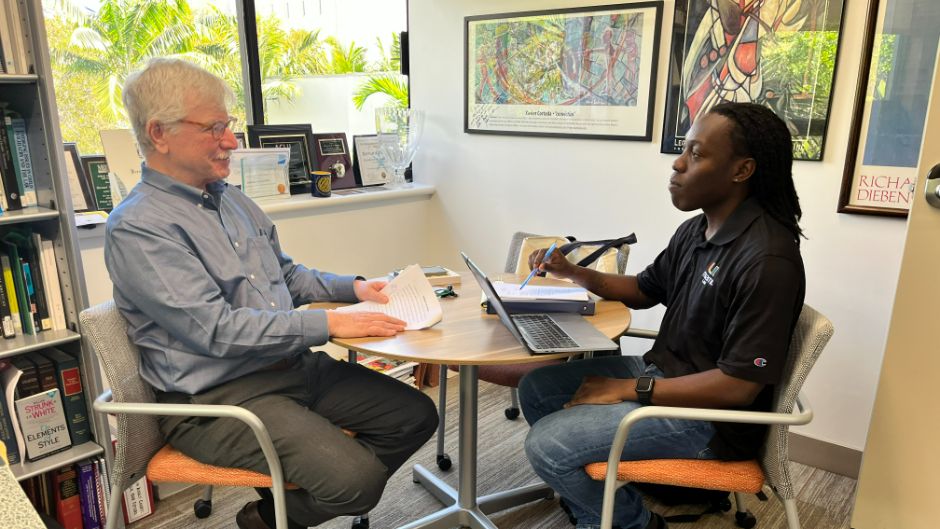The University of Miami School of Law's Children and Youth Law Clinic recently won a case for a Florida foster child in which it participated as an amicus curiae. The ruling, handed down by Florida's 5th District Court of Appeal on January 22, 2024, affirms the child's rights to assert the psychotherapist-patient privilege in a dependency court proceeding.
The psychotherapist-patient privilege is a legal safeguard that shields private disclosures made by a patient to a therapist from being accessed by other parties without the patient's consent.
The juvenile court judge denied the claim by the child's GAL that a ten-year-old child could not assert the psychotherapist-patient privilege on their own. The GAL contended that it could waive the privilege on the child's behalf in its efforts to pursue a termination of the child's parents' legal rights.
The lower court sided with the child's argument, through her court-appointed counsel, that without an explicit waiver from the child, the GAL cannot access and utilize confidential therapeutic records in the termination proceedings. The GAL appealed this ruling, and the clinic appeared in the appeal to present policy arguments about how compelled testimonial disclosure, like any other breach of confidentiality, disrupts the psychotherapist-patient relationship and can fatally impair the therapeutic process, even when the appeal involves a younger child.
"This victory shut down a weak legal argument... the court did the right thing for this child," said Professor Bernard Perlmutter, co-director of the clinic.
Established in 1996, the clinic has been a staunch advocate for children in safeguarding privileged and confidential mental health records in foster care proceedings.
The appeals court affirmed the trial court's ruling in favor of this mature and intelligent child's ability to continue to confide their innermost thoughts and feelings with the therapist. The affirmance upholds the finding that it is in a child's best interests to protect their relationship with a therapist, which ensures more effective treatment for children with emotional and mental disorders in abuse and neglect proceedings.
The case was reported as Statewide Guardian Ad Litem Office v. Department of Children and Families and SPS, et al. (Fla. 5th. DCA 2024).
Read more about Miami Law’s clinics.

